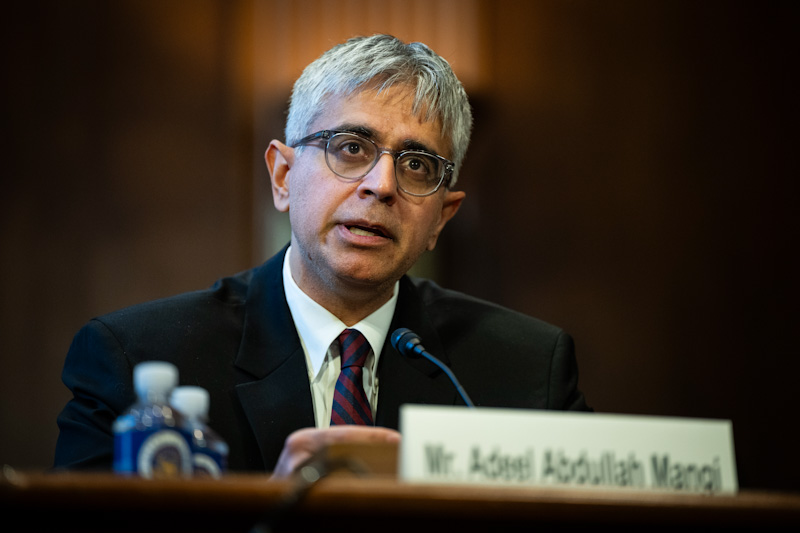Grandparent Custody Standing Strikes Again
Lauren Stone and Joey Worner gave birth to G.W. late in 2018. The couple separated in 2021 and it appears dad moved back with his parents, Ted and Adelina at about that time. These grandparents and mom’s mother provided daycare when mother returned to work and in September 2020 that contact was Tuesday to Friday although hours are not specified in the opinion. In June of 2021 there was an incident where Adelina (paternal grandmom) grabbed the child to prevent a fall and temporarily dislocated the child’s elbow. While mother initially downplayed the incident, it seems to have caused Mom to change her approach to when Adelina could have the child.
In January 2022 G.W.’s father went to rehab as an in-patient. He died two months later. Under the Grandparent partial custody statute, this conferred standing on the paternal grandparents (23 Pa.C.S. 5325(1)) and they filed for partial custody in late November 2022. Contacts between the paternal grandparents and mother were fleeting during this period and at trial the mother indicated that she had no real issue with her father-in-law. Contact with her mother in law was another story and G.W. saw almost nothing of his father’s parents after his father died in March 2022.
The case was tried before a hearing officer in February and March 2023. She recommended four hours a month at times agreed but wisely specified a default date each month should there be disagreement. Mother took 15 exceptions which were argued in Philadelphia in August 2023. The trial court sustained the recommendation and dismissed the exceptions.
The central issue on appeal was whether this kind of order runs afoul of the U.S. Supreme Court ruling in Troxel v. Granville, 530 U.S. 57 (2000). The Superior Court panel decision questions whether the issue was waived but elects to proceed on the merits. It notes that the Troxel case also involved standing of a grandparent after a parent’s death. But, in Troxel, the Washington state statute in controversy allowed “any person” to seek a visitation award at any time. Pennsylvania courts responded to Troxel with a revised statute that limits third party standing to statutorily defined classes of people, including grandparents where the natural parent is deceased.
This presents a challenge of its own. The U.S. Supreme Court decision contains this language.
“The Washington Supreme Court held that “[p]arents have a right to limit visitation of their children with third persons,” and that between parents and judges, “the parents should be the ones to choose whether to expose their children to certain people or ideas.” Id., at 21, 969 P. 2d, at 31. Four justices dissented from the Washington Supreme Court’s holding on the constitutionality of the statute. Id., at 23-43, 969 P. 2d, at 32-42.
In a 5-3 decision with Justice Souter holding the matter non-justiciable, the Supreme Court affirmed what the Washington Court did. Note as well that while the statute was quite broad (anyone had standing), the facts before the court specifically involved a grandparent of a deceased child.
Whether this case results in a request for Pennsylvania Supreme Court review remains an open question. But this matter of how family privacy is interpreted is coming back again and again. Ironically, it appears that in Troxell the natural parents agreed to the kind of visits (a few hours per month) which Lauren Stone would foreclose. It was the concept of judicial intervention in their family life that seems to have been the trigger for the Troxel appeal. As we have noted in earlier blogs, recent decisions by the current Supreme Court are questioning the constitutional basis for “family privacy.” We may not be finished with this issue for some time, something that could have been predicted based on the dissenting opinions of Justices Baer and Wecht in. D.P. and B.P v. G.J.P. and A.P. in 2016. See,
Stone v. Worner, 2260 EDA 2023 (2/4/2024)






